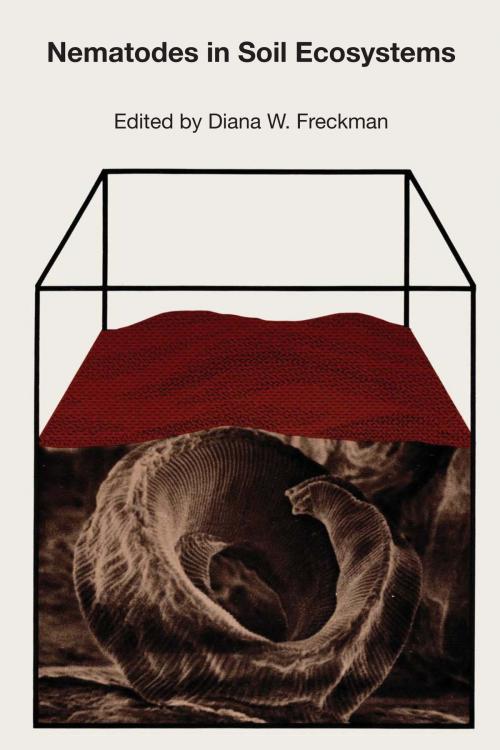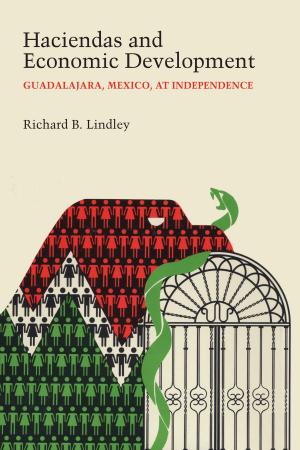Nematodes in Soil Ecosystems
Nonfiction, Science & Nature, Technology, Agriculture & Animal Husbandry| Author: | ISBN: | 9781477301968 | |
| Publisher: | University of Texas Press | Publication: | November 6, 2014 |
| Imprint: | University of Texas Press | Language: | English |
| Author: | |
| ISBN: | 9781477301968 |
| Publisher: | University of Texas Press |
| Publication: | November 6, 2014 |
| Imprint: | University of Texas Press |
| Language: | English |
Many species of the phylum Nematoda, the nonsegmented worms, play an important role as animal or plant parasites; most species are active contributors to the decomposition cycle in soil ecosystems, but the details of that contribution are just beginning to be understood. Agricultural nematologists, vitally involved in the study of the methodology, taxonomy, and biology of the species due to the direct relationship between crop yield and the size of plant-parasitic nematode populations, have provided much information about the nematodes. More recently, ecologists have contributed additional data on the structure and function of the total soil community, including energy flow and nutrient cycling, and have examined the critical and multifaceted role of soil nematodes in such communities. Nematodes in Soil Ecosystems provides a valuable synthesis of significant research in this area and may stimulate further important communication between the agricultural and ecological branches of nematode research.
Many species of the phylum Nematoda, the nonsegmented worms, play an important role as animal or plant parasites; most species are active contributors to the decomposition cycle in soil ecosystems, but the details of that contribution are just beginning to be understood. Agricultural nematologists, vitally involved in the study of the methodology, taxonomy, and biology of the species due to the direct relationship between crop yield and the size of plant-parasitic nematode populations, have provided much information about the nematodes. More recently, ecologists have contributed additional data on the structure and function of the total soil community, including energy flow and nutrient cycling, and have examined the critical and multifaceted role of soil nematodes in such communities. Nematodes in Soil Ecosystems provides a valuable synthesis of significant research in this area and may stimulate further important communication between the agricultural and ecological branches of nematode research.















